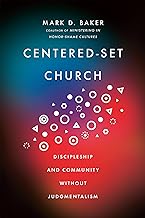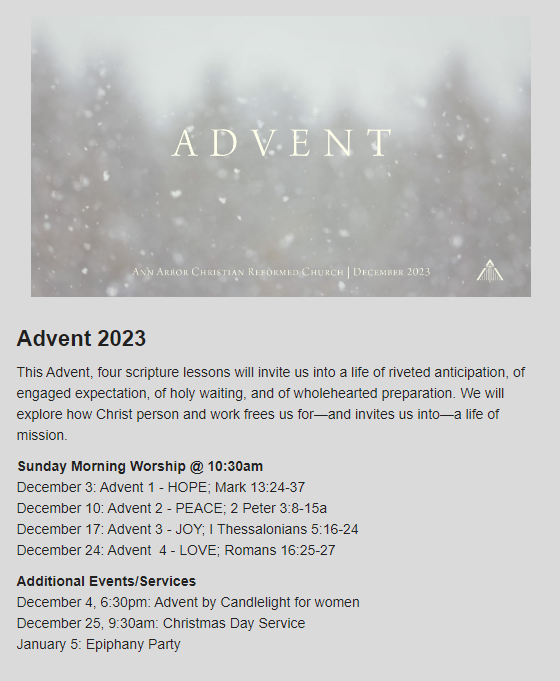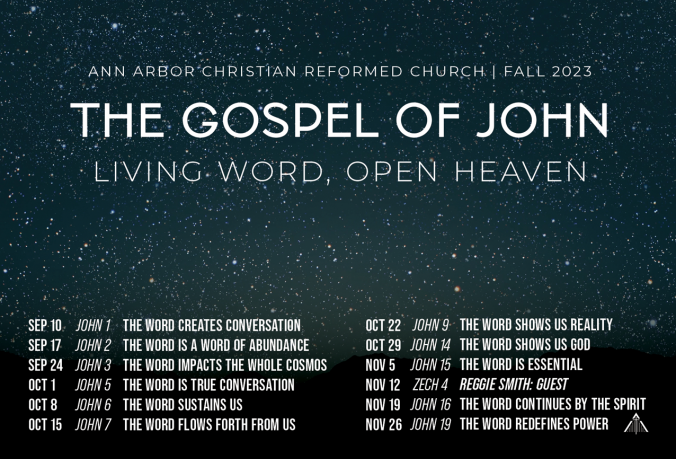The Cash Bail System:
An Example of Systemic Racism
(embedded within economic inequity)
By Rhonda Workman, SJT Racial Justice Leader
“David’s (a pseudonym) ex-girlfriend fled the police while driving his car. The police later found and impounded the abandoned car. When David went to collect it, he was arrested on a felony charge of eluding the police. Despite having an alibi and credible witness statements, the court denied his request for an affordable bail amount. During the 84 days he spent in jail before his case was dismissed, David’s shared custody arrangement for his son was significantly altered. In addition, he lost his job, apartment, and car, became responsible for paying child support he could not afford, and was charged for impound fees that were greater than the vehicle’s worth.”1 David was caught in the cash bail system.
The cash bail system is intended for good but in an overwhelming number of cases it causes harm. David is just one example. The purpose of the bail system is to provide a way in which people who have been arrested and accused of a crime can be released back to their homes to attend to their daily lives until they must appear in court. Cash bail was created to ensure that accused individuals will return to court for their trial. The problem is that bail is often set without taking into consideration the financial situation of the accused. As a result, the cash bail system unwittingly creates a two-tiered system of justice.
The two-tiered system privileges those with accumulated wealth over those who are not financially stable. Those individuals with financial means can post their bail directly to the court. Having done so they live in freedom attending to the responsibilities of their daily lives until it is time for them to return to court. Additionally, because they paid their cash bail directly to the court, they receive a full refund when they return for their hearing.
The story is totally different for those individuals who do not have accumulated wealth. When they are assigned bail, they have three options. First, they remain in jail until their hearing, which could take months or even years putting further economic burden and distress on their families as parents become separated from their children. Second, they could borrow money from their family, friends, or community to post their bail putting their loved ones at economic risk. Third, they could borrow from a commercial bail agency paying a ten to fifteen percent premium on the cost of the bail, which averages $10,000-$15,000 for a non-violent felony. The premium that bail agencies charge would be between $1000 and $3750. The income of those accused is generally $28,000 per year or less. The premium is never returned to the individual. Instead, the bail agency makes a profit on the poorest in our nation, whether they are guilty or not. To put this in perspective, “From 2011 to 2015 in Maryland, $75 million in non-refundable premiums was paid by people whose cases did not result in a conviction.”2 To date, 44 states still follow the cash bail system. Maryland was just one state. Ellie Preston in her article, “Profit Over People: Primer on U.S. Cash Bail Systems,” informs us that “Eighty percent of people involved with the criminal legal system are legally indigent, meaning they are ‘unable to afford the necessities of life.’”3 The poor become even poorer.
It is often believed that the cash bail system is beneficial in keeping our communities safe. The system has the opposite effect. First, the recidivism of those who are incarcerated pre-trail is 6-9%. Pretrial incarceration also drains valuable economic resources from the poorest in our nation. If an individual is jailed, they risk losing their job because they are often incarcerated for months at a time. Their health can be affected, especially if they have physical or mental health conditions. It is often difficult to procure the medicines and treatments they need in jail as they await their hearing. Furthermore, being incarcerated disrupts families because it separates parents from their children which puts the children at risk. In the beginning example, David was incarcerated for 84 days before his trial which had an adverse effect on his children and his relationship with them. Ellie Preston writes, “Children who have an incarcerated parent tend to experience higher rates of depression, anxiety, post-traumatic stress disorder, and suicidal ideation than children who do not have an incarcerated parent.”4 The pressures and disruptions that incarceration causes often leads individuals to plead guilty just so they can return home. This results in a conviction, which goes on their record and becomes a barrier to their future employment and often future housing.
Cash bail also reinforces racism and the economic disparities. According to the Washtenaw County Cash Bail Policy of 2021, “Black and brown defendants receive bail amounts that are twice as high as bail set for white defendants”5 and are less likely to be able to afford it. It also reports that White Americans have seven times the accumulated wealth as Black Americans. Because cash bail forces individuals to pay money up front it “systematically disadvantages families who lack accumulated wealth. People who lack wealth in the United States are disproportionately likely to be Black. In this way, cash bail perpetuates “the glaring legacy of American slavery,” and the cascading consequences that have accrued from centuries of discrimination.”6
Additionally, the cash bail system is a drain on tax payer resources when there is little risk to public safety.7 Most people who are arrested are safe to be in community since most arrests are for non-violent crimes. This is something that is often overlooked when bail is set. “In 2020, the rates of property crime were approximately 2100 out of 100,000 people [or 2.1%], while violent crime rates were 379 per 100,000 people [or .379%].”8 Every year 100s of thousands of people are incarcerated as they await their trials. In her article, “The High Price of Cash Bail,” Nicole Manzano writes, “Taxpayers spend $14 billion each year to incarcerate legally innocent people. When factoring in the impact of pretrial detention on families, communities, and society, the true economic cost of this crisis has been estimated to approach $140 billion annually.”13
Alternatives to the bail system are being researched. One such alternative is the Bail Project as reported by Manzano. Her article explains that the Bail Project helped 25,000 people make 92% of their court appearances despite not having money on the line. The project did this by offering free bail assistance and pretrial support to low income and indigent people. The clients had no financial obligation to return to court and yet they did, thus proving that the cash bail is not a critical factor in getting these individuals to return for their hearing. What helped them were the reminders about the hearings that they received as part of the project so that they would remember to go. The project also offered transportation and help with other common logistical challenges. It also helped them navigated community-based social services, none of which cost the individuals or the taxpayers as much as cash bail. 9
The above paragraphs only scratch the surface of the effects of the cash bail system on our nation’s most vulnerable people and our economy. The United States and the Philippines are the only countries in the world that utilize this system. There has been some progress. Currently, there are six states that have abolished the system or modified it significantly. Michigan passed bail reform legislation in 2022. The other states are New York, New Jersey, Illinois, New Mexico, California, and Washington DC. Below I have listed several articles that explain the repercussions of the cash bail system more fully. I would encourage you to read them. The article, “The Commercial Bail Industry Fueling America’s Cash Bail Systems,” is particularly interesting and revealing.
Suggested Reading:
“Five Ways Cash Bond Disrupts Society”
https://www.americanprogress.org/article/5-ways-cash-bail-systems-undermine-community-safety/
“High Price of Cash Bail”
https://www.americanbar.org/groups/crsj/publications/human_rights_magazine_home/economic-issues-in-criminal-justice/the-high-price-of-cash-bail/
History of Cash Bail
The History of Cash Bail | The Heritage Foundation
“The Commercial Bail Industry Fueling America’s Cash Bail Systems”
https://www.americanprogress.org/article/profit-over-people/
Washtenaw County, Office of the Prosecuting Attorney
https://www.washtenaw.org/DocumentCenter/View/27208/Cash-Bail-Policy
Citations:
1 Allie Preston and Rachael Eisenberg, “Profit Over People: Primer on U.S. Cash Bail Systems,” Center for American Progress, July 6, 2022, https://www.americanprogress.org/article/profit-over-people-primer-on-u-s-cash-bail-systems/.
2 Allie Preston and Rachael Eisenberg, “The Commercial Bail Industry Fueling America’s Cash Bail Systems,” Center for American Progress, July 2022, https://www.americanprogress.org/article/profit-over-people/.
3 Allie Preston and Rachael Eisenberg, “Profit Over People: Primer on U.S. Cash Bail Systems,” Center for American Progress, July 6, 2022, https://www.americanprogress.org/article/profit-over-people-primer-on-u-s-cash-bail-systems/.
4 Allie Preston, “Five Ways Cash Bail Undermines Community Safety,” Center for American Progress, November 3, 2022, https://www.americanprogress.org/article/5-ways-cash-bail-systems-undermine-community-safety/.
5 Eli Savit and Victoria Burton-Harris, “Policy Directive 2021-2022: Policy Eliminating the Use of Cash Bail and Setting Standards for Pretrial Detention,” Prosecutor’s Office Washtenaw County Michigan, https://www.washtenaw.org/DocumentCenter/View/27208/Cash-Bail-Policy.
6 Ibid
7 Allie Preston and Rachael Eisenberg, “The Commercial Bail Industry Fueling America’s Cash Bail Systems,” Center for American Progress, July 2022, https://www.americanprogress.org/article/profit-over-people/.
8 Ibid
9 Nicole Zayas Manzano, “High Price of Cash Bail,” American Bar Association Journal, April 12, 2023, https://www.americanbar.org/groups/crsj/publications/human_rights_magazine_home/economic-issues-in-criminal-justice/the-high-price-of-cash-bail/.
10 Ibid









Recent Comments